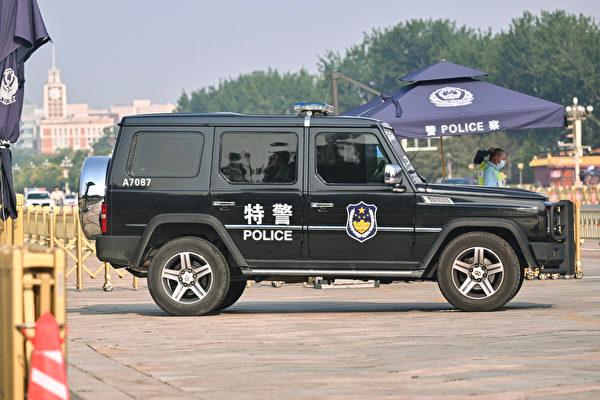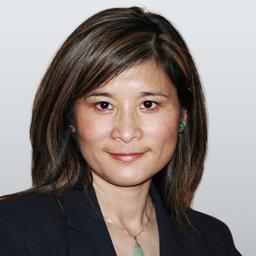News Analysis
Beijing is cleaning house ahead of its Third Plenum July 15-18, intensifying a crackdown on Chinese Communist Party (CCP) officials with a series of rapid dismissals. In June, three party officials were “double expelled” simultaneously from the party and relieved of their public duties. And last week two former defense ministers were expelled from the party as well, as part of an “anti-corruption” campaign that has picked up steam in recent months. Analysts interpret the recent moves as a strategy by CCP leader Xi Jinping to quell dissent.






